Interviewing private service professionals is both an art and a science. Beyond assessing skills, it’s about understanding how a candidate will integrate into a household or family office environment – where discretion, adaptability, and trust are as important as technical expertise. A thoughtful interview approach helps you identify the right fit while giving candidates space to showcase their strengths.
Assessing Service Experience
Start by exploring the candidate’s background in detail. Ask about the settings they’ve worked in – formal households, family offices, estates, or hospitality environments – and the scope of their responsibilities. Look for depth in experience, not just job titles. Did they manage team members? Coordinate events? Oversee vendors? Cook for elaborate events and dinner parties? Take care of multiple children or just one at a time? These specifics will give you a clearer picture of their capabilities.
Verifying References and Longevity
References play a vital role in private service, where discretion is essential and résumés don’t always capture the full picture. Ask candidates about the principals or families they’ve supported, and when appropriate in the process, request references to verify both skills and character. Longevity in past roles often points to reliability, discretion, and the ability to build trust. At the same time, it’s worth remembering that shorter stints can sometimes result from circumstances outside the candidate’s control. It’s wise to ask about these transitions, but not to assume they reflect negatively on the candidate.
Gauging Professionalism and Demeanor
First impressions matter, but consistency matters more. Notice how candidates carry themselves throughout the process – punctuality, communication style, and responsiveness are all indicators of professionalism. A candidate who is polished yet approachable often translates well into environments where service excellence and ease go hand in hand.
Identifying Red Flags
Every interview is also an opportunity to spot potential concerns. Be wary of vague answers about past roles, frequent short-term positions without clear explanations, or difficulty discussing past challenges constructively. Red flags don’t always disqualify a candidate, but they should prompt further questions.
Creating Comfort for Honest Conversation
Private service candidates may be nervous about sharing too much in an interview. By fostering a conversational, respectful atmosphere, you’ll encourage them to open up. Ask situational questions, listen actively, and allow them to highlight not only their technical skills but also their problem-solving approach and personality. The more comfortable they feel, the more accurately you can assess whether they’re the right match for your household or office.
Setting the Stage for Success
Interviewing is more than a hiring step – it’s the foundation of a long-term working relationship. By focusing on experience, references, professionalism, and fit, while also creating space for authenticity, you’ll be well-positioned to identify professionals who will thrive in your unique environment.
At Bell Registry, we help households and family offices navigate this process with clarity and discretion, ensuring each placement is built on trust and long-term success.

